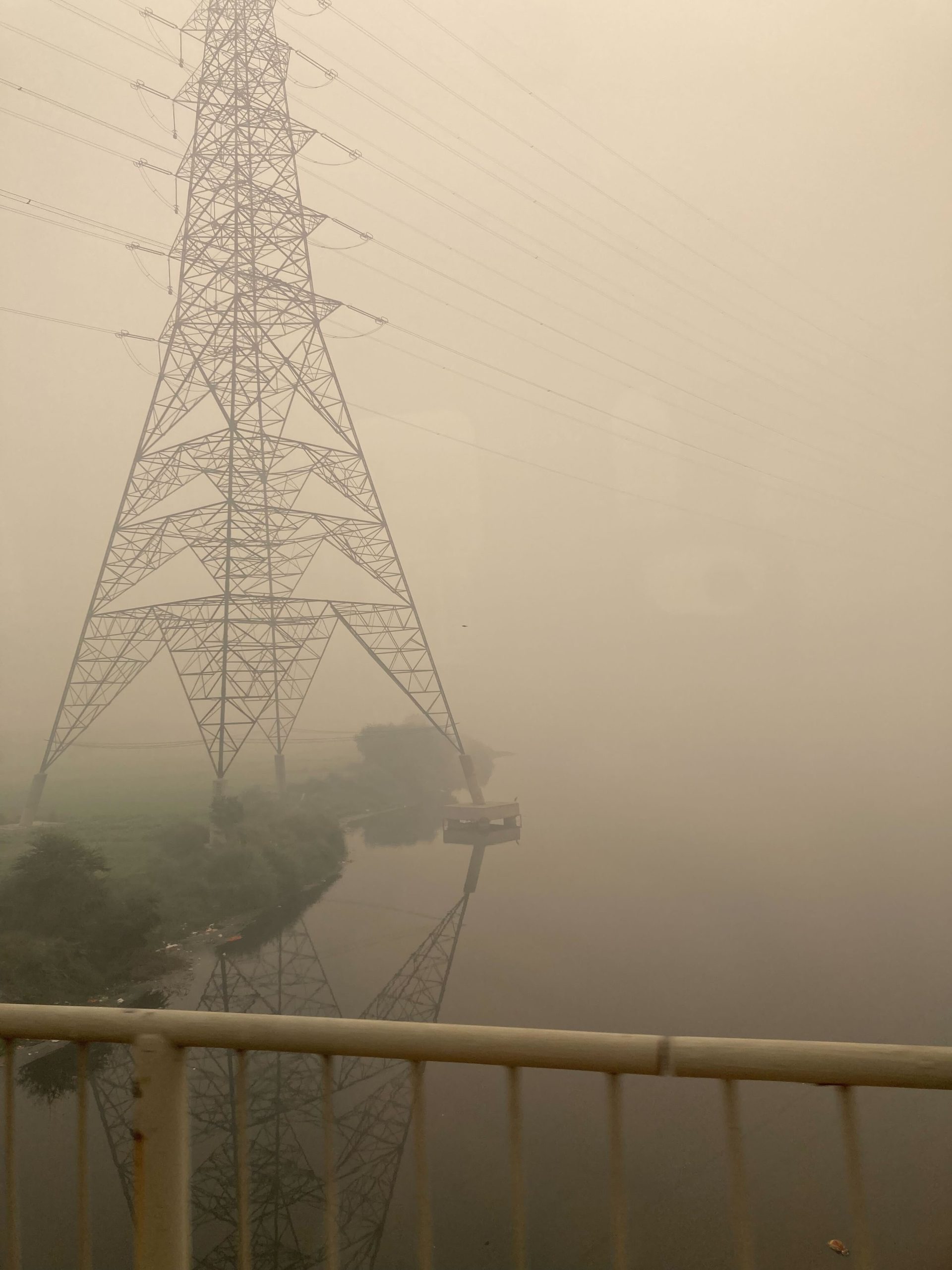
Shibani Ghosh

Shibani Ghosh is a Visiting Fellow, Environmental Governance and Policy at SFC, and an Advocate-on-Record, Supreme Court of India. She researches and writes on issues relating to environmental law, regulation, and governance. She has authored several articles, book chapters, and opinion pieces on environmental issues. She has edited a volume titled 'Indian Environmental Law: Key Concepts and Principles' (Orient Blackswan, 2019). As a practicing lawyer, Shibani appears in cases before the Supreme Court of India and the National Green Tribunal. She was associated with the Centre for Policy Research (CPR) in various capacities for 13 years. From 2015 to 2023, she was a Fellow with the Initiative on Climate, Energy and Environment at CPR. She has also been a Sustainability Science Fellow at the Harvard Kennedy School (2014-2015). Shibani studied at the University of Oxford as a Rhodes Scholar and obtained two graduate degrees – a Bachelor of Civil Law and a Master of Science in Environmental Change and Management. Her undergraduate degree in law (B.A. LL.B.) is from the National University of Juridical Sciences, Kolkata.
Publications


Journal articles
Environmental Governance and Policy
Pollution Regulation in India: Institutional and Legislative Conundrums
Shibani Ghosh
Economic & Political Weekly | 11 January 2025
Recent reports on capacity constraints faced by the state pollution control boards have revealed serious systemic issues—problematic board structure and composition, lack of competence in the boards’ leadership and instability in its tenure, persistently high vacancies, and skewed financial situation. Recent amendments to the three central environmental laws introduce monetary penalties, reduce scope for criminal prosecution, and make key changes to the regulatory framework. It remains to be seen if these amendments, aimed at facilitating ease of doing business, will succeed in reducing pollution as several systemic issues remain unaddressed. The paper is part of the special issue 'Review of Environment and Development', edited by Sharachchandra Lele and Geetanjoy Sahu.


Opinions
Environmental Governance and Policy
Managing air quality: Answer is in airsheds
Shibani Ghosh and Bhargav Krishna
Hindustan Times | 28 October 2024
Four key issues to consider for effectively implementing an airshed-level approach to air quality management: development of robust knowledge systems; appropriate institutional structures; clear powers and functions of the airshed authority; and accountability mechanisms.


Opinions
Climate Policy
Towards Operationalising a New Climate Right for India: Unpacking the Ranjitsinh Judgment
Navroz K Dubash and Shibani Ghosh
The India Forum | 19 September 2024
The Ranjitsinh ruling of the Supreme Court is potentially far-reaching but its limited view of action on climate change risks causing an inadequate framing of policy. It is legislation that is built on a bottom-up approach that can act on the Court’s calls for balance across multiple objectives.


Books and book chapters
Environmental Governance and Policy
Air Quality Regulation
Shibani Ghosh
Oxford University Press | 23 July 2024
This chapter in 'The Oxford Handbook of Environmental and Natural Resources Law in India' unpacks the key components of air quality regulation in India. It provides an overview of the regulatory and institutional framework that governs some of the major sources of air pollution in the country, focusing primarily on national laws and policies.


Opinions
Climate Policy
A law around low-carbon climate resilient development
Navroz K Dubash, Aditya Valiathan Pillai and Shibani Ghosh
The Hindu | 8 July 2024
Authors lay out an institutional vision for India’s climate law - knowledge-based ‘low-carbon development commission’; ‘climate cabinet’ to drive strategy; executive coordination body; and mechanisms for federal engagement.


Opinions
Climate Policy
Court on climate right and how India can enforce it
Navroz K Dubash, Shibani Ghosh and Aditya Valiathan Pillai
The Hindu | 1 July 2024
Because India is still developing, is highly vulnerable, and yet to build much of its infrastructure, what the country needs is a law that enables progress toward both low-carbon and climate resilient development.


SFC Perspectives
Adaptation and Resilience
Climate Policy
Energy Transitions
Environmental Governance and Policy
SFC Perspectives on Adaptation and Resilience, Climate Policy, Energy Transitions, and Environmental Governance and Policy
SFC
SFC | 19 March 2024
SFC Perspectives are intended to stimulate discussion by providing an overview of key issues and avenues for action to inform India's sustainable development trajectory.


SFC Perspectives
Environmental Governance and Policy
Perspectives on Environmental Governance and Policy: Systemic transformations to limit the health burden of air pollution
Bhargav Krishna, Shibani Ghosh, Arunesh Karkun and Annanya Mahajan
SFC | 18 March 2024
We, at SFC, view reducing air pollution not only as a technical challenge, but also as a structural one that requires re-thinking our approach and the institutions that are tasked with addressing it.


Opinions
Environmental Governance and Policy
The weakest link in the air pollution fight
Shibani Ghosh and Bhargav Krishna
The Hindu | 2 November 2022
As key environmental indicators worsen across India, it is clear that State Pollution Control Boards and Pollution Control Committees are falling short in meeting their statutory mandate


